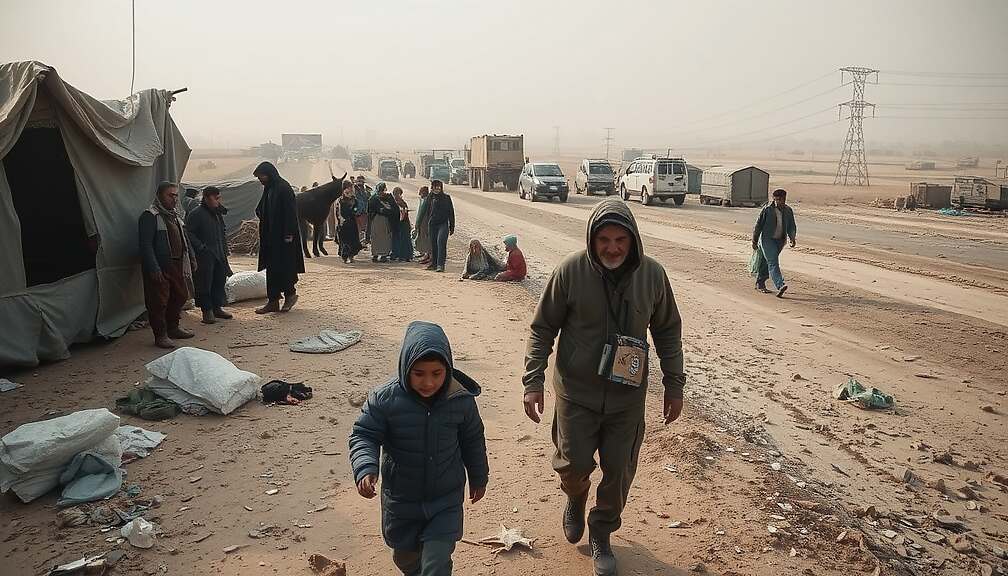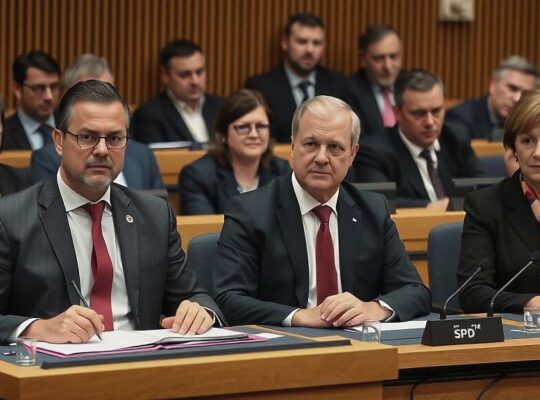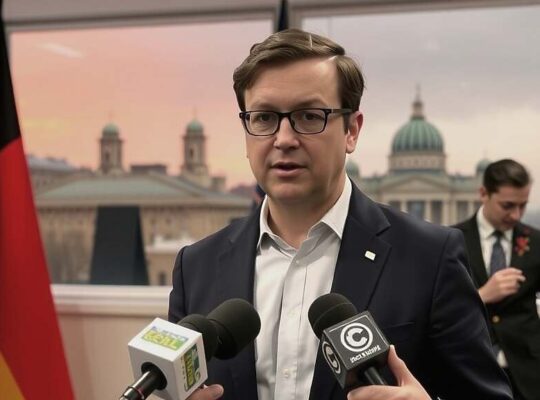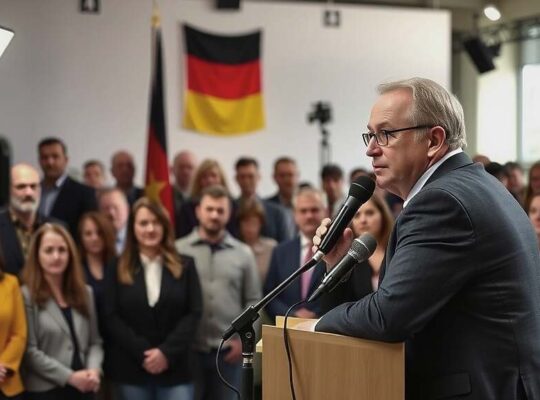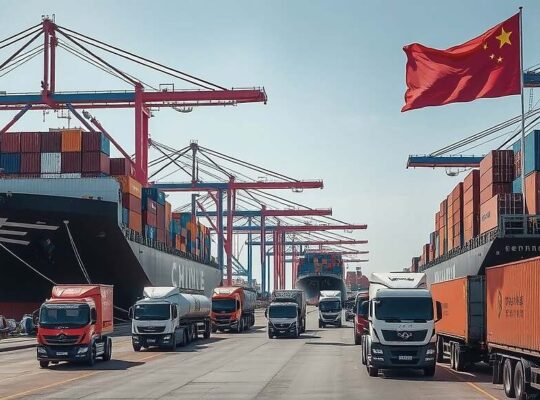Germany’s Plans for Syrian Returns Spark UNHCR Concerns
Germany’s interior ministry is reportedly moving forward with plans to repatriate Syrian asylum seekers, a move drawing stark warnings from the United Nations High Commissioner for Refugees (UNHCR).. Alexander Dobrindt, the interior minister, has indicated intentions to reach an agreement with Syria this year to initiate returns, initially targeting convicted criminals and subsequently individuals lacking legal residency. The Bundesamt für Migration und Flüchtlinge, the federal office responsible for migration and refugees, has been instructed to resume processing previously suspended asylum decisions in preparation for potential deportations.
This policy shift arrives amid a complex and evolving situation. While approximately one million Syrian refugees have returned to their homeland from neighboring countries this year, with another million anticipated next year, the UNHCR’s head of operations in Syria, Gonzalo Vargas Llosa, cautions that Syria’s capacity to absorb these returnees is already stretched to its limits. He warns that a forced repatriation from countries like Germany risks exacerbating an already dire situation, potentially triggering renewed displacement further afield.
Vargas Llosa underscored the precariousness of the situation within Syria, arguing that forced returns are rarely sustainable. Returning individuals, finding conditions unchanged or worsened, are likely to relocate again, further straining the resources of countries like Jordan and Lebanon, which are already struggling under the burden of large refugee populations, or prompting renewed migration towards Europe.
Beyond the immediate concerns surrounding returns, the UNHCR representative criticized the recent cuts to humanitarian aid from various states, including Germany. These reductions have forced the UNHCR to close 40% of its 122 regional support centers within Syria. Vargas Llosa described this as a critical error, emphasizing that Syria represents “one of the largest refugee crises in the world” and highlighting a “very, very, very rare opportunity” to address it. He urged a renewed commitment to humanitarian assistance and sustainable solutions. The proposed repatriation plan, viewed alongside these funding cuts, raises serious questions about Germany’s engagement with the Syrian crisis and the potential for unintended, destabilizing consequences.


